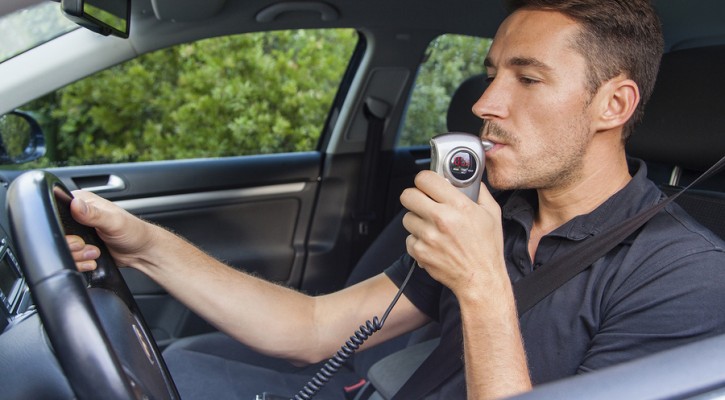
A Single Statistic: Ignition Interlocks
October 14, 2014
Do ignition interlocks prevent drunk driving for first time offenders? A recent study shows that understanding a single statistic can change the public’s attitude on the need for safe driving laws. With that in mind, we are posting a series of single statistics on a variety of traffic safety issues. Many lawmakers are reluctant to enact driving safety laws because they feel – rightly or wrongly – that the public doesn’t support such reforms. If your state legislature is debating a traffic safety issue, it’s hoped that this single statistic will provide the public with the knowledge needed to make informed decisions that they can then share with their representatives.
The Issue: Requiring ignition interlocks for all offenders
Should all states require that an ignition interlock device (IID) be installed on all vehicles driven by a person convicted of DUI, even for a first offense? Twenty two states currently have laws requiring that an ignition interlock device be installed for all driving under the influence (DUI) offenders. Organizations such as Mothers Against Drunk Driving (MADD) are urging all states to pass laws requiring ignition interlocks for all DUI offenders. Both MADD and the National Highway Traffic Safety Administration (NHTSA) have proposed model guidelines to encourage all states to pass laws requiring IIDs for all first time offenders.
The Risks:
According to NHTSA, 10,322 people were killed in alcohol-impaired-driving crashes in 2012. These alcohol- impaired-driving fatalities accounted for 31 percent of the total motor vehicle traffic fatalities in the United States. Traffic fatalities in alcohol-impaired-driving crashes increased by 4.6 percent from 9,865 in 2011 to 10,322 in 2012. It’s estimated that one out of three drivers will be involved in an alcohol related crash at some point in their life.
The Single Statistic:
Previous NHTSA research of convicted drunk drivers show that those with interlocks installed are 75 percent less likely to repeat the behavior compared to those who do not.
Find your representative:
If you wish to share your thoughts on this issue with your state representatives, you can find their contact information by visiting: Find Your State Legislator – Open States
